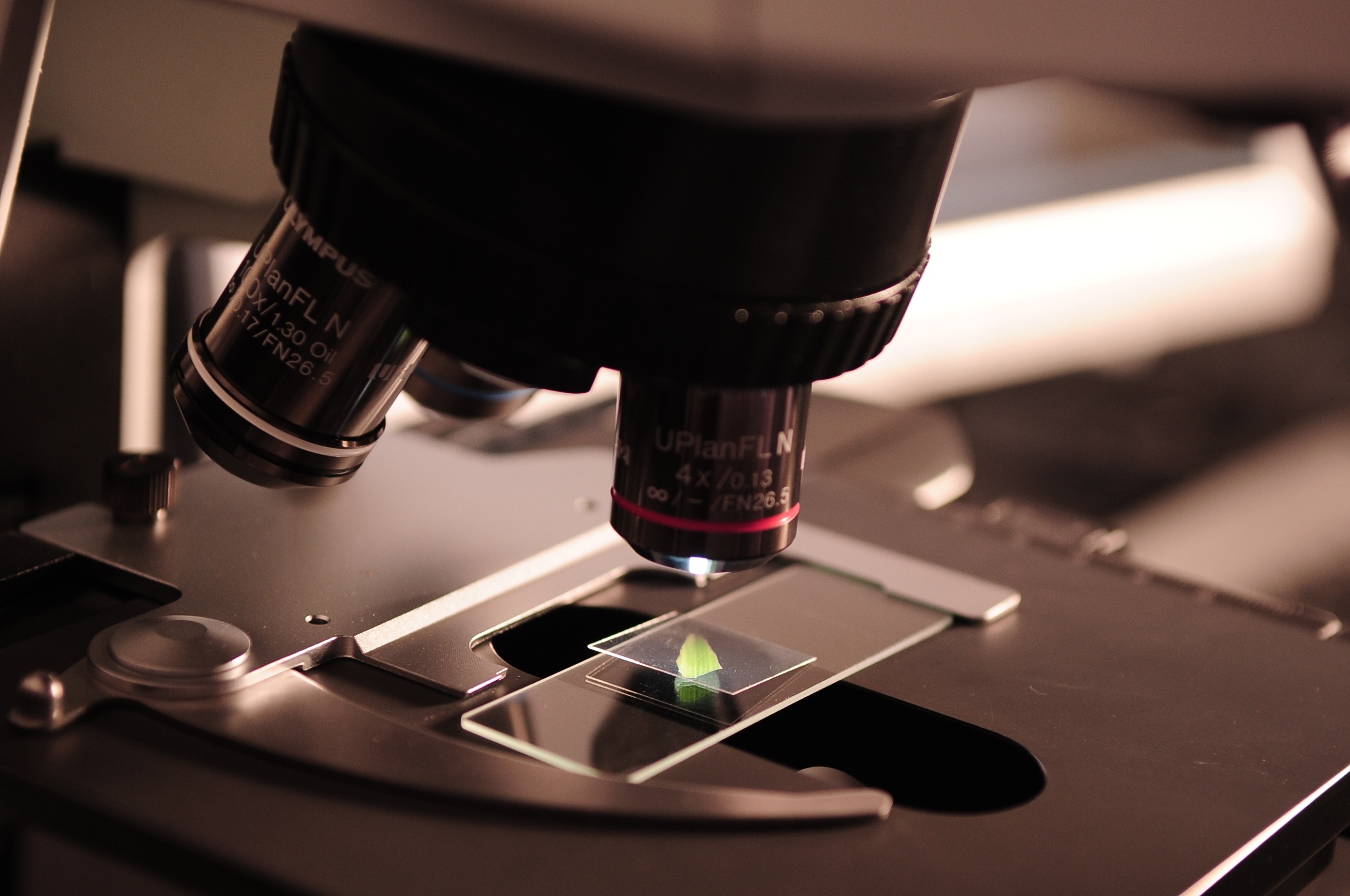So when it feels like every year goes by faster than I remember the previous year going, it’s not just because I know I’m inching closer to my inevitable death?
It’s funny to think about but no time is not speeding up in any meaningful way… it is the stretching of space and the effect it has on light they are talking about
I always felt the more fun (or terrifying) answer to that was exactly this. Time doesn’t seem to get faster because each new moment becomes a smaller and smaller percentage of your life, but because time is actually going by faster.
How did Einstein explain it? Or how do we explain it now?
From my poor understanding and I could be totally off… it’s from the expansion of the universe itself. Like the doppler effect with a siren, as it moves past it sounds longer as the Soundwaves are stretched moving away from you, the same thing happens with light as the universe expands. Here they are looking at quasars which they know “blink” at a certain rates, and from my understanding which is limited and could be totally wrong, that blinking is also stretched out causing it to appear slower.
I may be off, but I’d auggest looking up an “atomic clock” and either reading about it or watching a short video explanation.
In short, let’s say you built a “clock” that measured time based on how long it took a photon (light particle) to bounce between two sensors (1 bounce = 1 “tick” of the clock). If you began to move the clock through space, the faster you’d move the clock, the longer it’d take the photon to complete one tick because the photon is now moving angularly with the clock. You can take this to the most extreme by theoretically moving the clock at a speed arbitrarily close to the speed of light, where it’d almost never complete the “tick.”
I believe that is the principle at play here when they’re measuring light from ancient phenomenon like quasars. What they’re finding interesting is that, based on their math, effectively the shape of the light wave from those quasars is different than if those quasars were currently happening, which they can use as evidence that these events unfolded at a different “speed” than our current universal conditions.
That’s just my best attempt to connect concepts I’ve studied to what is clearly a far more complex analysis. Still, I hope some of that helps introduce the relevant concepts to interested minds.
So you and I draw different conclusions… from my understanding its purely time dilation that we are seeing. It’s not that the underlying physics of the universe was different, therefore causing quasars to literally blink slower but they blinked at the same rate and the stretching of space has the effect of stretching the blink out which we see 5 times slower as we look at the old light that was emitted billions of years ago.





